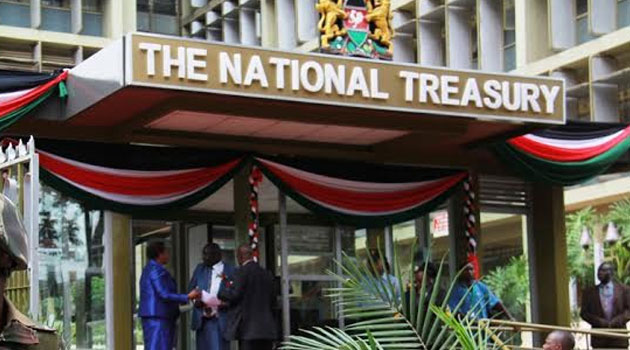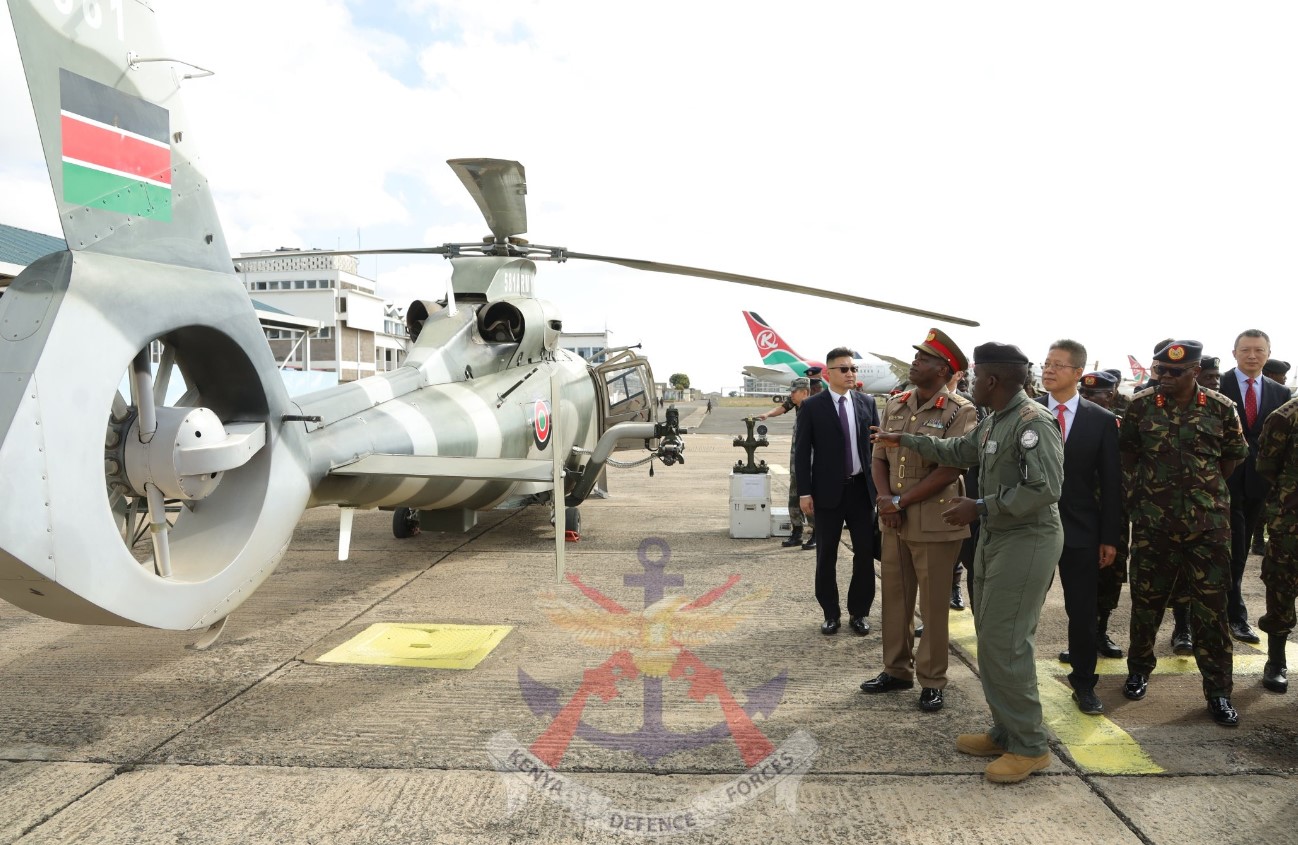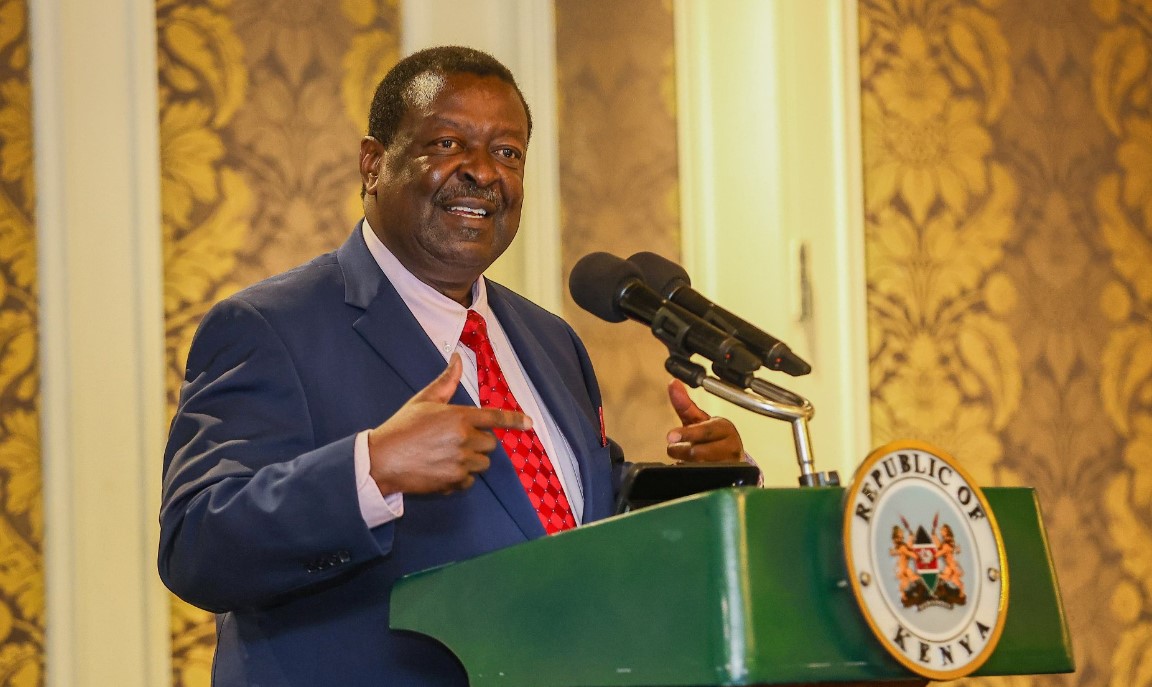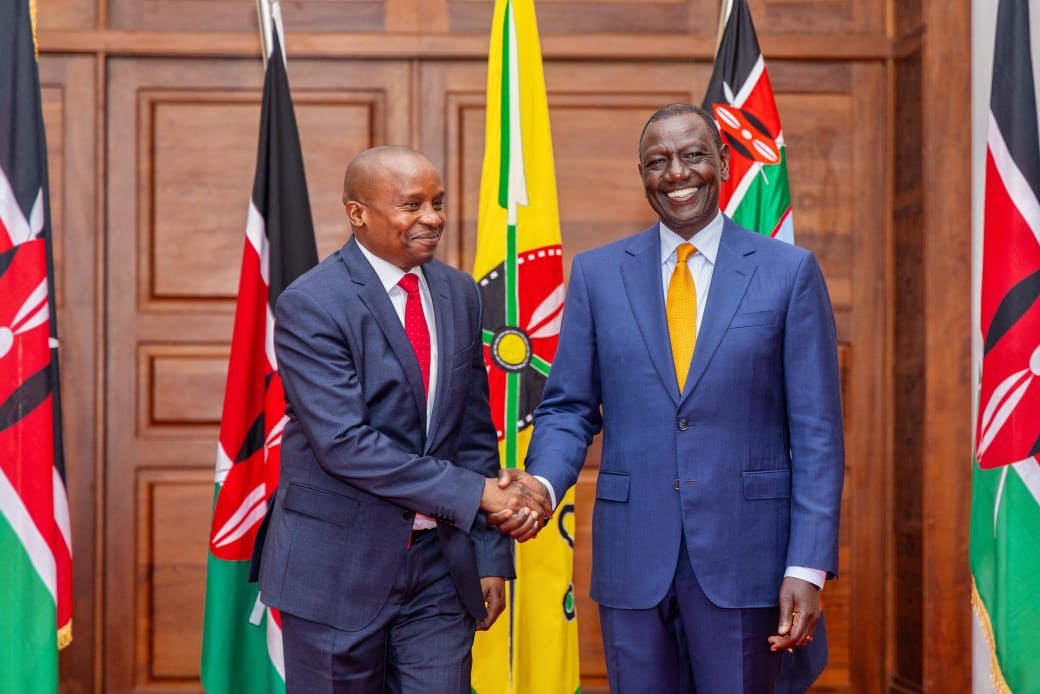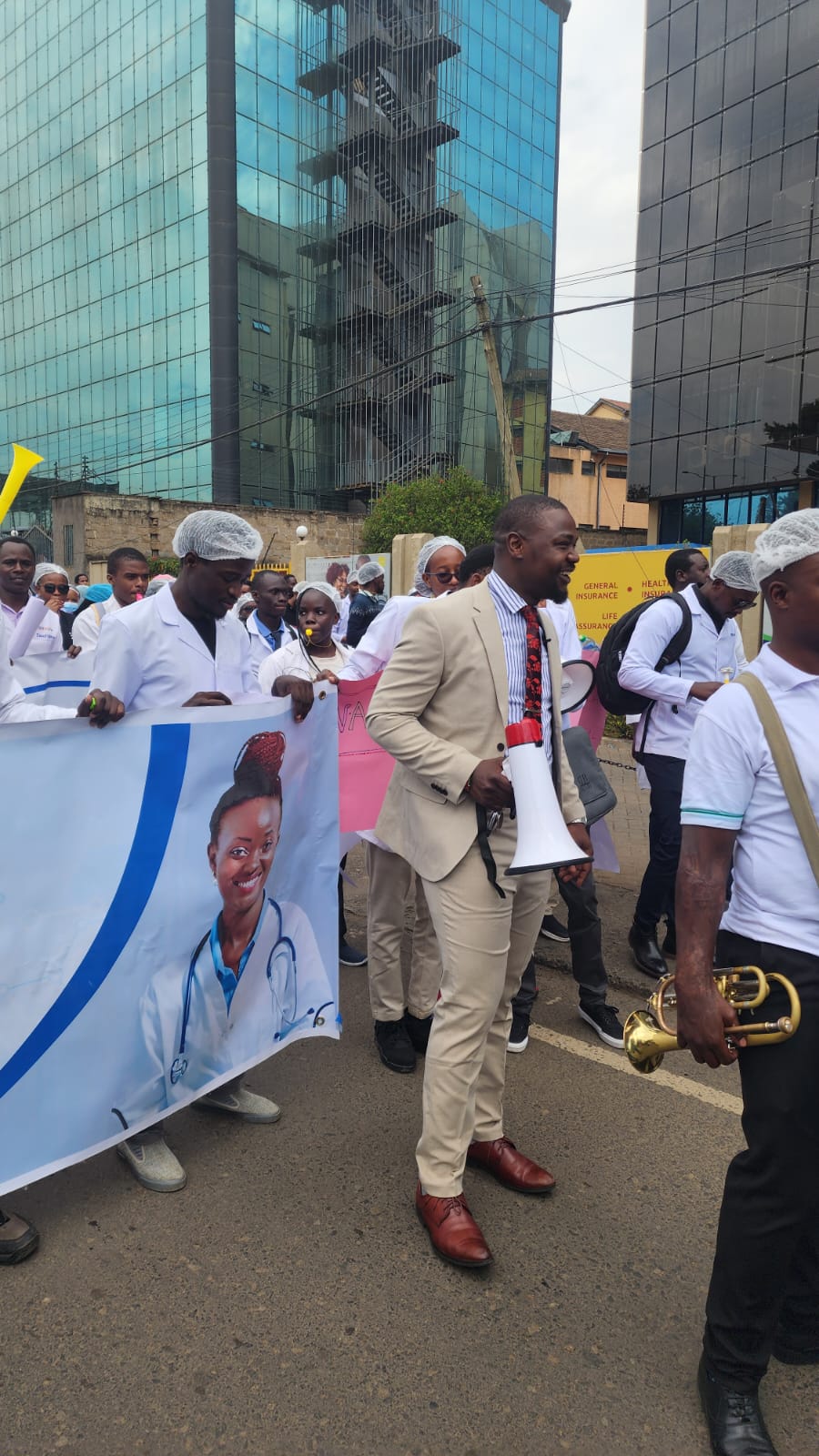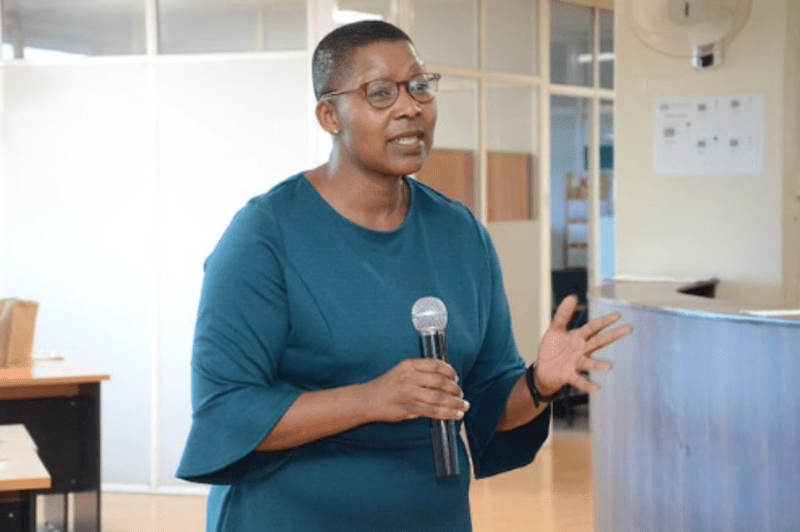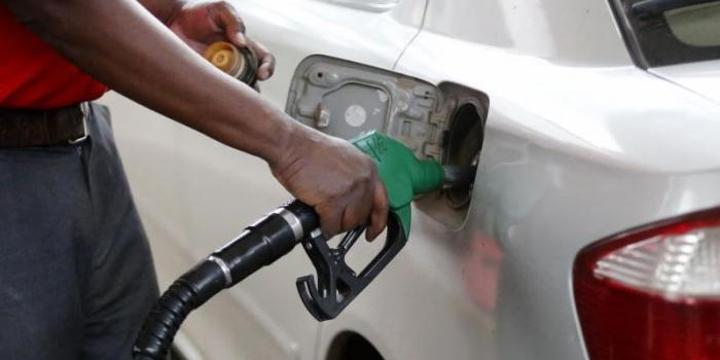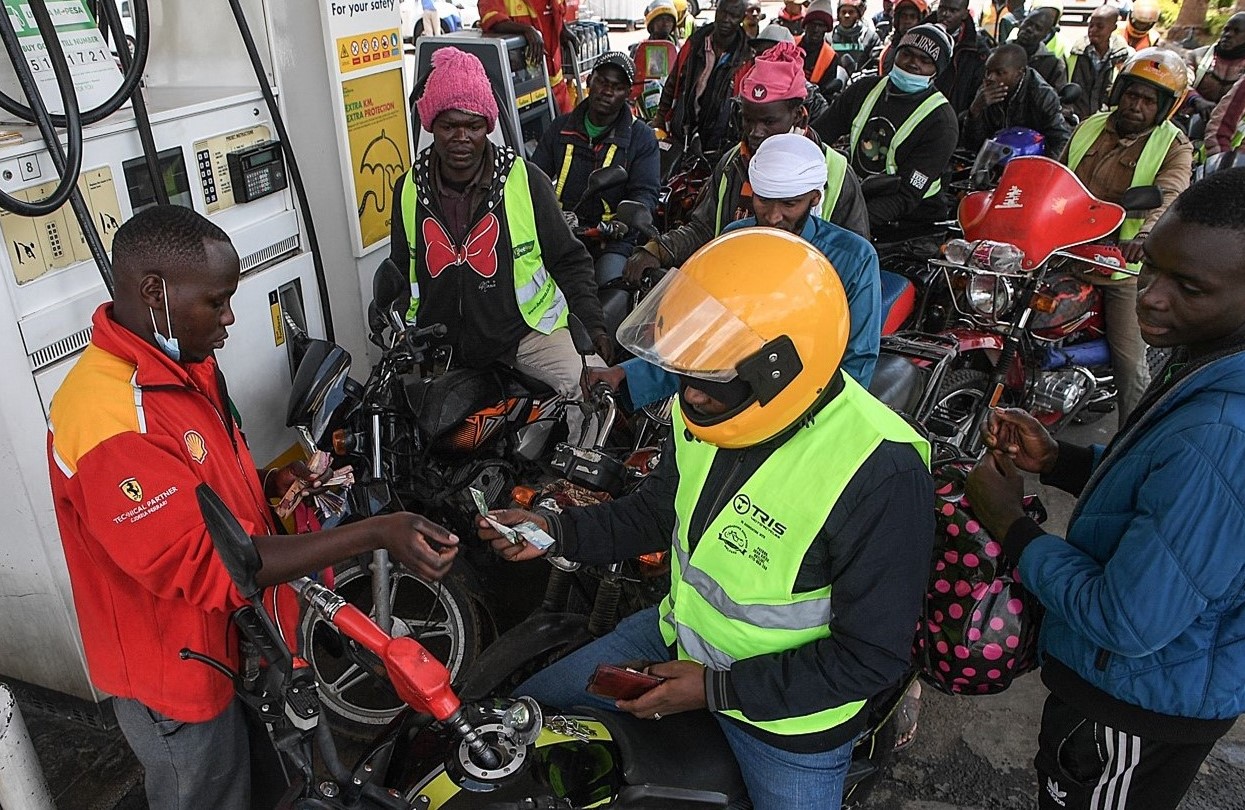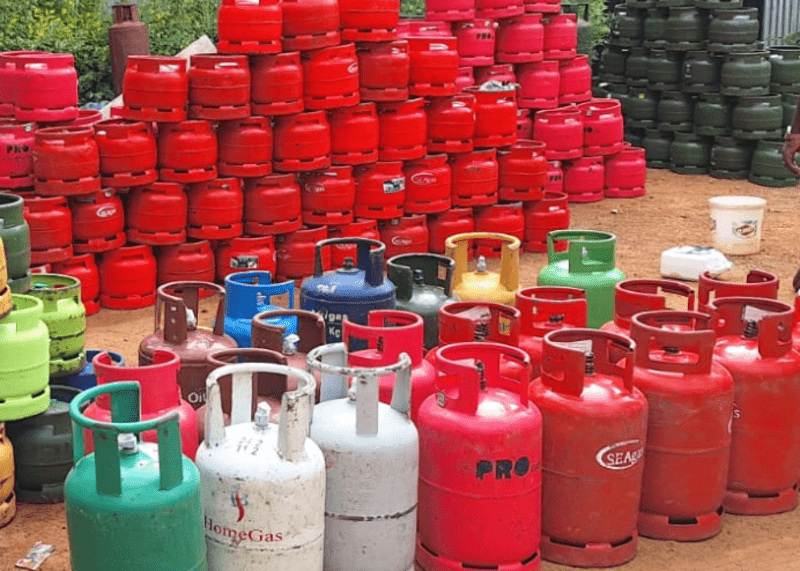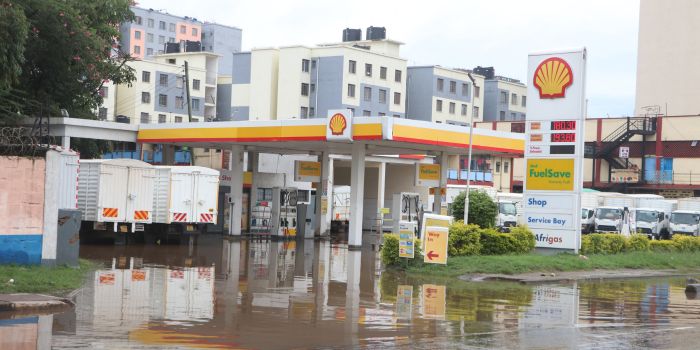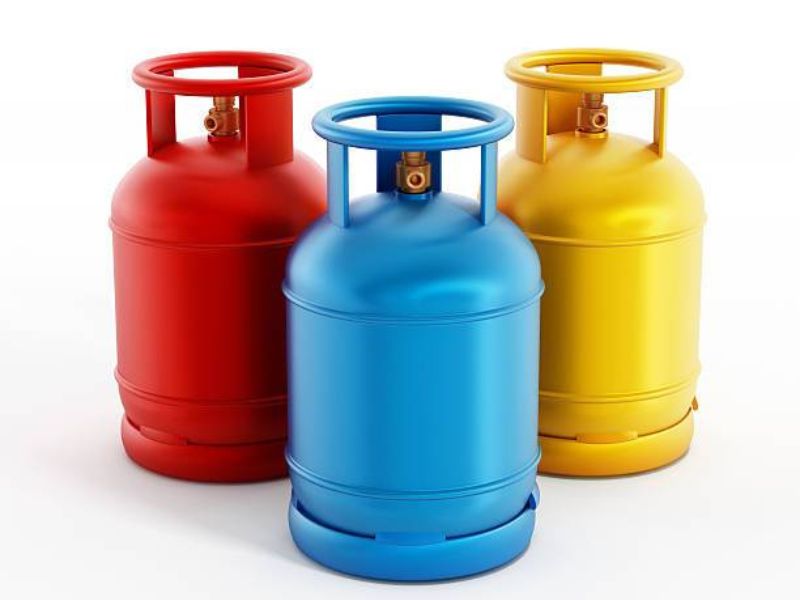Growth in petroleum industry has fueled illicit trade of products - PS Omollo
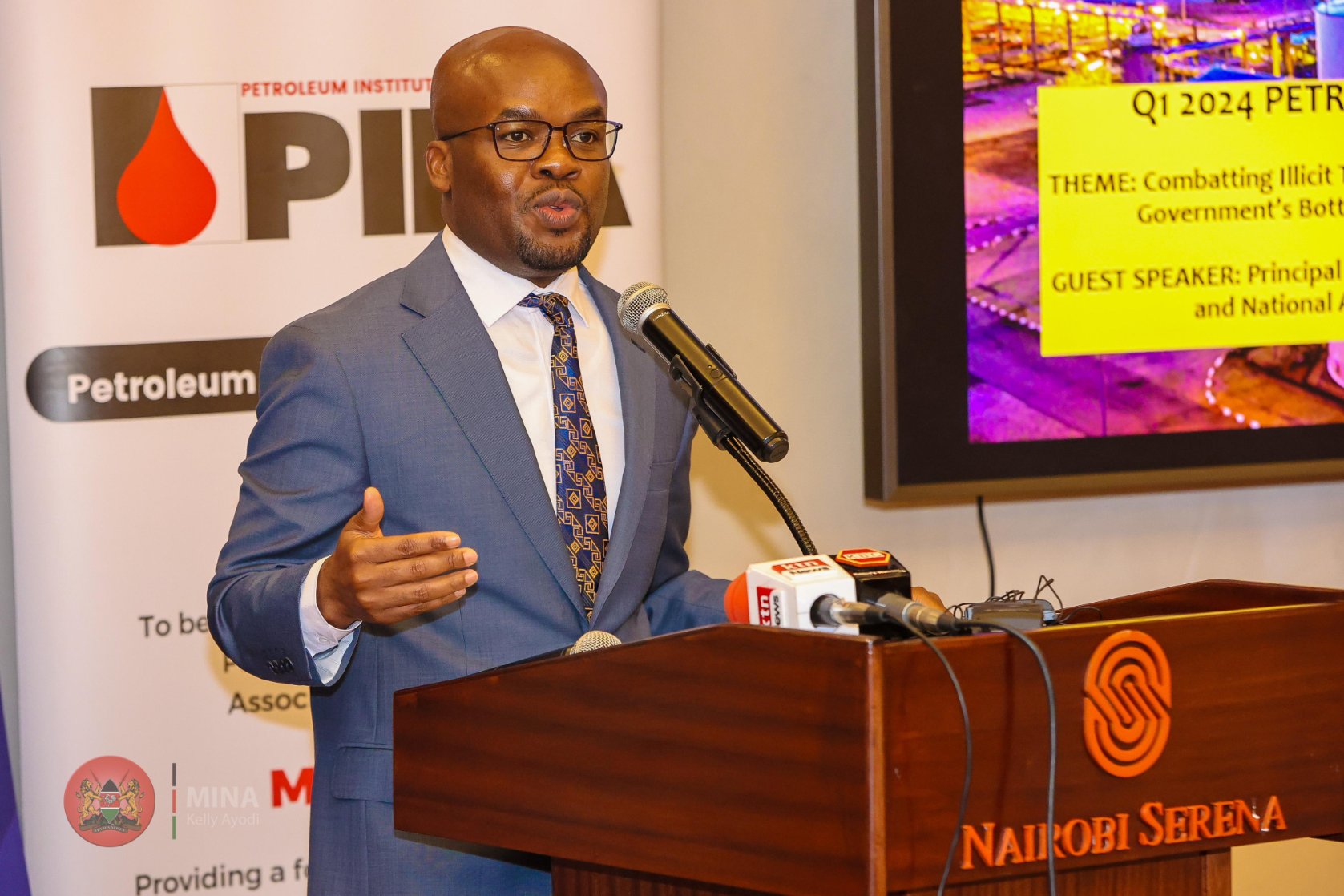
By Mary Wambui |
The PS called on players in the sector to regulate themselves even as the government moves in to enhance enforcement measures following the recent tragedy in Mradi area of Embakasi that claimed scores of lives.
The unprecedented growth in the Petroleum industry has led to increased setting up of unauthorised Liquid Petroleum Gas refilling sites, a number of which pose a huge risk to Kenyans as they are set up in residential areas.
At the same time, it has brought forth the challenge of Petroleum products like fuel and lubricants' adulteration, with the Energy and Petroleum Regulatory Authority (EPRA) estimating losses amounting to billions annually.
Keep reading
Interior Permanent Secretary Raymond Omollo on Tuesday called on players in the sector to regulate themselves even as the government moves in to enhance enforcement measures following the recent tragedy in Mradi area of Embakasi that claimed scores of lives.
The Mradi incident described by investigators as a case of "boiling liquid expanding vapour explosion" (BLEVE) has been ranked amongst the worst LPG gas tragedies in the country following the Sachang'wan tragedy in 2009 that claimed over 100 lives.
BLVE occurs when an explosion is caused by the rupture of a vessel containing a pressurised liquid that is or has reached a temperature sufficiently higher than its boiling point.
"There is a need for self-regulation. As industry players, you need to regulate yourselves because when we talk of counterfeit, or illegal refilling of LPG, we actually know who is doing this but for some reason, we conveniently decide to look the other side or pretend that nothing is going on and only speak about it in hushed tones," said Dr Omollo.
He spoke during the inaugural first quarter briefing themed "Combating Illicit Trade in the Petroleum Sector as a Key Catalyst to the Government's Bottom-Up Economic Transformation Agenda (BETA)" at the Nairobi Serena Hotel.
The self-regulation, he said, does not do away with the role of the regulator-EPRA and law enforcement officers.
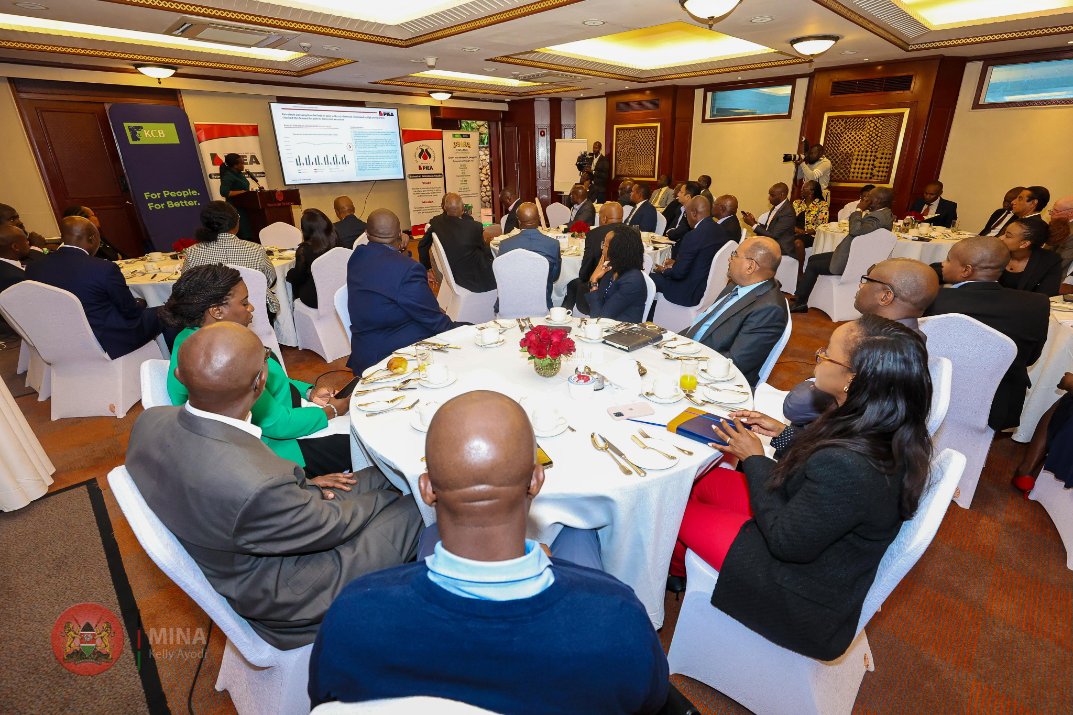 Participants during the State of the Petroleum Industry briefing on April 8, 2024, at the Serena Hotel, Nairobi. (Photo: MINA)
Participants during the State of the Petroleum Industry briefing on April 8, 2024, at the Serena Hotel, Nairobi. (Photo: MINA)
"Of course, we must also do our bit on it and build awareness which is why we have this quarterly meeting," explained the PS.
Public awareness
Public awareness of the risks and safety use of LPG is especially important now that statistics from EPRA show kerosene consumption has dipped in the country as more Kenyans opt for LPG for cooking.
"In the context of BETA, the government is aggressively rolling out the affordable housing programme and we are looking at in excess of 200,000 housing units every year, which will increase with the housing levy now in place. The question then is how do we ensure that those houses are done in a manner that will encourage more consumption of LPG," added the PS.
The briefing was attended by stakeholders in the energy and petroleum sector including the industry regulator EPRA, Kenya Revenue Authority and the Petroleum Institute of East Africa.
Edward Kinyua, the Petroleum and Gas Director at EPRA said that by June, the authority will have established a modality for tracking vehicles and cylinders transporting fuel from source to destination to check on adulteration of Petroleum products while in transit.
This will help rid the industry of adulterated products and help trace the point of adulteration.
"We are still doing investigations (on the Mradi tragedy) and looking at where the gaps were and one thing is clear we have to work together because you are the ones that import this gas and transport it. Our work is to licence, and sometimes we might not be everywhere but I think we need to collaborate and ensure that where there are loopholes we are able to seal them," he said.
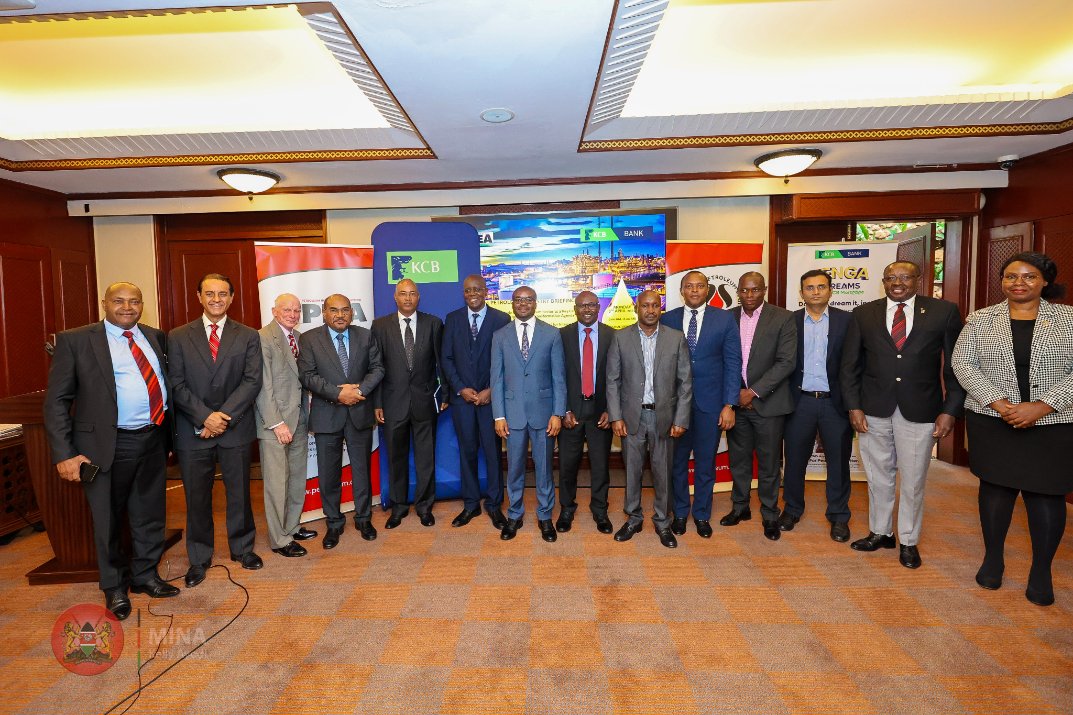 Representatives from the Petroleum sector during the State of the Petroleum Industry briefing on April 8, 2024 at the Serena Hotel, Nairobi. (Photo: MINA)
Representatives from the Petroleum sector during the State of the Petroleum Industry briefing on April 8, 2024 at the Serena Hotel, Nairobi. (Photo: MINA)
The government is currently reviewing the LPG regulations that are seeking to reduce the element of competition amongst players that has been pointed as a key factor aiding the trade of illicit LPG even as more companies get licensed.
"We've tried to license as many companies as possible back in 2009 we started with about nine filling plants, today we have about 138 filling plants and 90 brand owners of LPG cylinders...We think we have about 11 million cylinders in the market, we are still doing a census on it," added Kinyua.
Accountability
The stakeholders called on the government to ensure that inspectors are held accountable for incidents that happen that prove pressure tests were not done on any tankers moving on the road or in cases where documents are suspected to have been signed without proper checks.
They said uninspected tracks are mobile bombs in transit, hence the need for strict regulation.
They further called for risk-based licensing of LPG gas plants to avert future tragedies and for enforcement of lubricants regulations under the Energy Act, 2019 to curb against sale of counterfeits in the market.
The Petroleum sector is a key player in the economic growth of the country by the value it injects into the country and the number of employees employed along its value chain.
In 2022 alone, the Kenya Commercial Bank set aside Sh120 billion to support oil marketing companies in their import and distribution of oil and other Petroleum products to the region.
"Illicit trade of oil in Africa is estimated to be within Sh100 billion annually in Africa. This oil is estimated to have been either stolen, adulterated or defrauded from legitimate Petroleum companies. Despite its significant effect on government, importer, consumer and environment at large, the global problem of oil and fuel theft has largely been left unchecked and remains mainly hidden from International attention," said Peter Njuguna, the Director Treasury Division, at the Kenya Commercial Bank (KCB).
He added that the ripple effect of this cuts across the global marketplace includes; undermining development, hastening environmental degradation and facilitating illegal financial flows such as money laundering, criminal activities financing and terrorism.
Reader comments
Follow Us and Stay Connected!
We'd love for you to join our community and stay updated with our latest stories and updates. Follow us on our social media channels and be part of the conversation!
Let's stay connected and keep the dialogue going!

